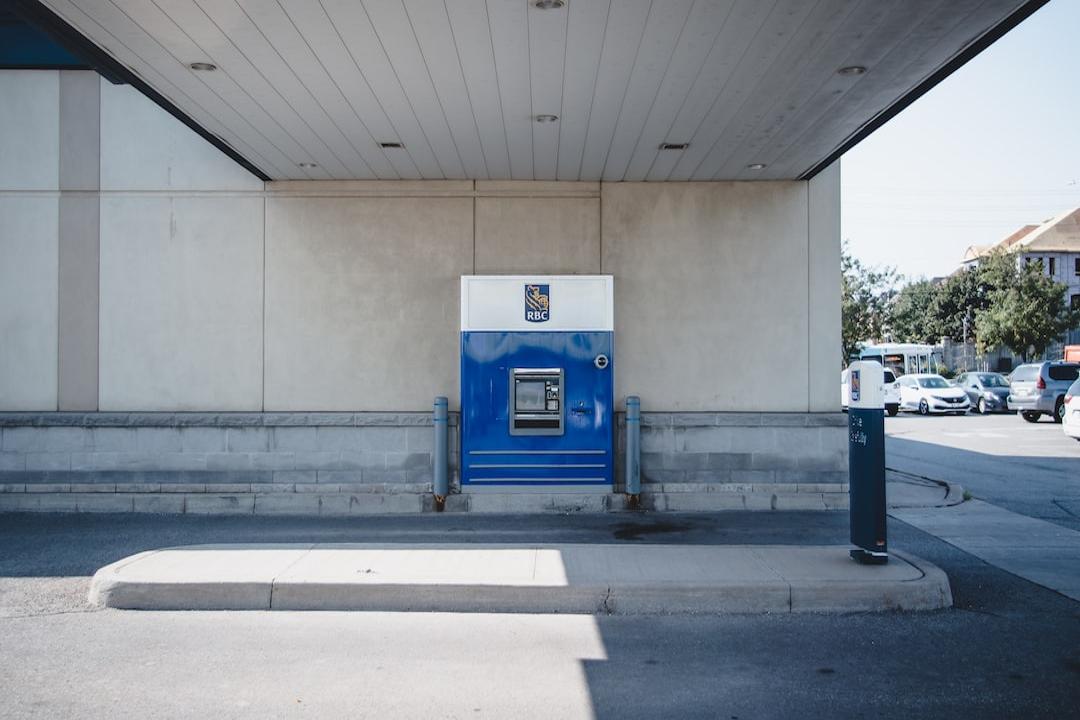
Exclusive Interview with CEO Felix Xu of ARPA and Bella Protocol on Building Secure Blockchain Systems
Coinfomania recently had an exclusive interview with Felix Xu, a crypto enthusiast, early adopter, and NFT collector. Felix, who graduated from NYU Stern and founded ARPA and Bella Protocol, two crypto projects ranked among the top 500 by market capitalization, shared his long-term vision for these projects and the impact they can have on their respective industries. In the interview, Felix discussed the latest developments around ARPA Network and Bella Protocol.
When it comes to ARPA Network, Felix’s long-term vision revolves around creating a secure computation network that offers various features for blockchains. He aims for ARPA to be known for its decentralization, permissionless operation, and robust cryptographic foundation. By leveraging the Threshold BLS Signature Schemes (TSS-BLS), ARPA can provide a secure and efficient infrastructure for applications like verifiable random number generators, secure wallets, and cross-chain bridges. Felix sees ARPA becoming a key player in blockchain infrastructure, setting high standards for fairness, security, and privacy. He believes in the transformative power of blockchain technology and wants to empower developers and users by providing secure and privacy-preserving computation across multiple platforms.
On the other hand, Bella Protocol is designed to be a cornerstone for the decentralized finance (DeFi) sector. Its goal is to simplify and optimize crypto liquidity provision by offering intuitive and efficient solutions. Bella’s products, such as Bella LP Farm, Bella Flex Savings V2, and Tuner, cater to regular users looking to earn more from their crypto investments, as well as developers and quant strategists interested in fine-tuning their strategies. The long-term objective is to bridge the gap between traditional finance and the blockchain world, making DeFi accessible and beneficial to all. Bella aims to provide user-friendly, efficient, and high-yield financial products and services, leading the mass adoption of DeFi solutions and setting industry standards for yield optimization and liquidity management.
Felix also discussed the recent launch of ARPA’s Randcast, an on-chain verifiable random number generator. Randcast aims to bring transparency and fairness to various applications, including gaming, lotteries, and NFT minting. It ensures secure and tamper-proof randomness, reducing the potential for bias and manipulation. In addition, Randcast is highly available and can be easily integrated into different blockchain ecosystems, making it convenient for developers across multiple platforms to generate fair and secure random numbers. ARPA intends to advance the security, fairness, and creativity of the blockchain-based metaverse through Randcast.
When asked about the decision to focus on Random Number Generation (RNG), Felix explained that it was driven by market demand, potential impact, and technological feasibility. RNG plays a crucial role in various sectors, especially in the blockchain and cryptocurrency space. From gaming and lotteries to NFT minting, RNG ensures fairness, unpredictability, and excitement. However, generating truly random numbers in a decentralized and verifiable way is a challenge in the blockchain space. ARPA recognized the lack of secure and verifiable RNG solutions in the decentralized world and decided to focus on RNG. Leveraging their cryptography expertise, they developed Randcast, a unique and robust RNG solution that combines RNG with the Threshold Signature Scheme (TSS) for enhanced security, privacy, and scalability.
The interview also touched upon the collaboration between ARPA’s Randcast and AGLD DAO to empower Autonomous Worlds. Autonomous Worlds are virtual ecosystems that operate independently of any centralized authority, extending the principles of decentralization to virtual worlds. In Autonomous Worlds, multiple games coexist and potentially interact with each other, creating a dynamic and intellectually stimulating realm. ARPA’s infrastructure supports this paradigm shift by providing secure and transparent random number generation, managing complex group dynamics within the network, enabling interoperability across multiple games and blockchain networks, and bringing transparency and immutability to actions and transactions within the virtual worlds.
To address issues of fairness, security, and privacy within the blockchain space, ARPA’s technology and infrastructure are designed to be permissionless, decentralized, and privacy-preserving. The use of the Threshold BLS cryptographic scheme enhances privacy by masking signer identities and enabling distributed key generation. It also provides enhanced security through threshold security, protection against single points of failure, and robustness against malicious behavior. Additionally, ARPA’s blockchain-agnostic infrastructure offers scalability by reducing computational overhead and facilitating easy integration.
Overall, Felix Xu’s visionary outlook and contributions to the Web3 and Crypto Space highlight his commitment to shaping the future of blockchain technology. His projects, ARPA Network and Bella Protocol, aim to empower users, provide secure and privacy-preserving solutions, bridge the gap between traditional finance and the blockchain world, and foster innovation and collaboration in the industry. Through initiatives like Randcast and collaborations with AGLD DAO, Felix is driving the industry forward by addressing critical issues and exploring new possibilities in the decentralized ecosystem.













